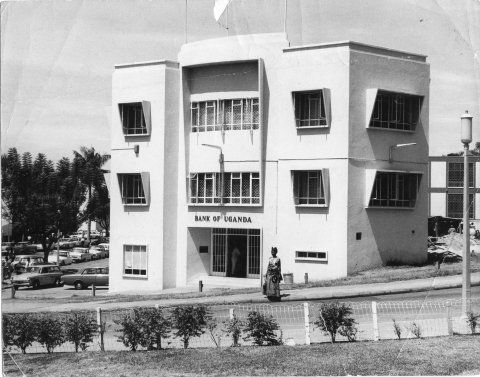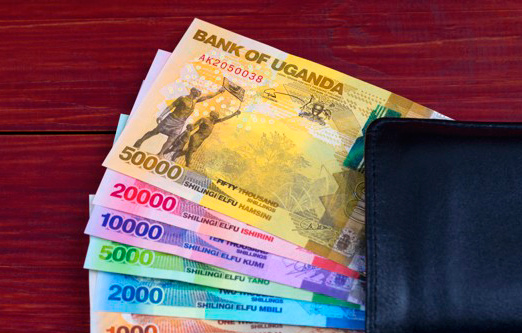The Bank of Uganda (BoU) was established on August 15, 1966, under the Bank of Uganda Act 1966. It is the central bank of Uganda, responsible for formulating and implementing monetary policy, regulating and supervising the financial sector, and managing Uganda’s foreign exchange reserves.
The BoU’s headquarters are located in Kampala, the capital of Uganda. The BoU has four regional branches in Gulu, Mbale, Mbarara, and Lira. It also has a number of sub-branches and currency centers throughout the country.
The BoU’s primary functions include:
- Formulating and implementing monetary policy to promote economic growth and price stability
- Regulating and supervising the financial sector to ensure its safety and soundness
- Managing Uganda’s foreign exchange reserves
- Promoting financial inclusion and literacy
- Issuing and managing Uganda’s currency
The BoU has played a crucial role in Uganda’s economic development since its establishment. It has helped to maintain a stable macroeconomic environment, which has been conducive to economic growth. The BoU has also played a key role in the development of Uganda’s financial sector, which has become more sophisticated and inclusive in recent years.
The BoU’s Role in Uganda’s Monetary Policy
The BoU is responsible for formulating and implementing monetary policy in Uganda. Monetary policy is the set of tools that the central bank uses to manage the money supply and interest rates. The BoU uses monetary policy to achieve its primary objectives of economic growth and price stability.
The BoU uses a variety of tools to implement monetary policy, including:
- Open market operations: The BoU buys and sells government securities in the open market to influence the supply of money and interest rates.
- Reserve requirements: The BoU requires commercial banks to hold a certain percentage of their deposits in reserve with the BoU. This helps to reduce the money supply and raise interest rates.
- Repo rates: The BoU lends money to commercial banks at a repo rate. The repo rate is a key interest rate in the economy and it influences other interest rates.
The BoU’s monetary policy has been successful in achieving its objectives of economic growth and price stability in recent years. Uganda’s economy has grown steadily in recent years and inflation has been low and stable.
The BoU’s Role in Regulating and Supervising the Financial Sector
The BoU is responsible for regulating and supervising the financial sector in Uganda. This includes banks, microfinance institutions, insurance companies, and capital markets. The BoU regulates the financial sector to ensure its safety and soundness.
The BoU uses a variety of tools to regulate and supervise the financial sector, including:
- Licensing: The BoU licenses all financial institutions in Uganda.
- On-site examinations: The BoU conducts on-site examinations of financial institutions to assess their financial health and compliance with regulations.
- Prudential requirements: The BoU sets prudential requirements for financial institutions, such as capital adequacy requirements and risk management requirements.
- Off-site monitoring: The BoU monitors financial institutions off-site using financial data and other information.
The BoU’s regulation and supervision of the financial sector has helped to maintain a sound and stable financial system in Uganda. This has been essential for economic growth and development.
The BoU’s Role in Managing Uganda’s Foreign Exchange Reserves
The BoU is responsible for managing Uganda’s foreign exchange reserves. Foreign exchange reserves are the stock of foreign currencies that a central bank holds. The BoU uses foreign exchange reserves to intervene in the foreign exchange market to stabilize the exchange rate. It also uses foreign exchange reserves to meet Uganda’s international payment obligations.
The BoU has accumulated a significant amount of foreign exchange reserves in recent years. This has helped to boost Uganda’s economic resilience and has made the country less vulnerable to external shocks.
The BoU’s Role in Promoting Financial Inclusion and Literacy
The BoU is committed to promoting financial inclusion and literacy in Uganda. Financial inclusion is the ability of all individuals and businesses to access financial services. Financial literacy is the ability to understand and use financial products and services.
The BoU is working to promote financial inclusion and literacy through a number of initiatives, including:
- Promoting the use of mobile money: Mobile money is a financial service that allows people to use their mobile phones to send and receive money, make payments, and save money.
- Supporting the development of microfinance institutions: Microfinance institutions provide financial services to small businesses




















